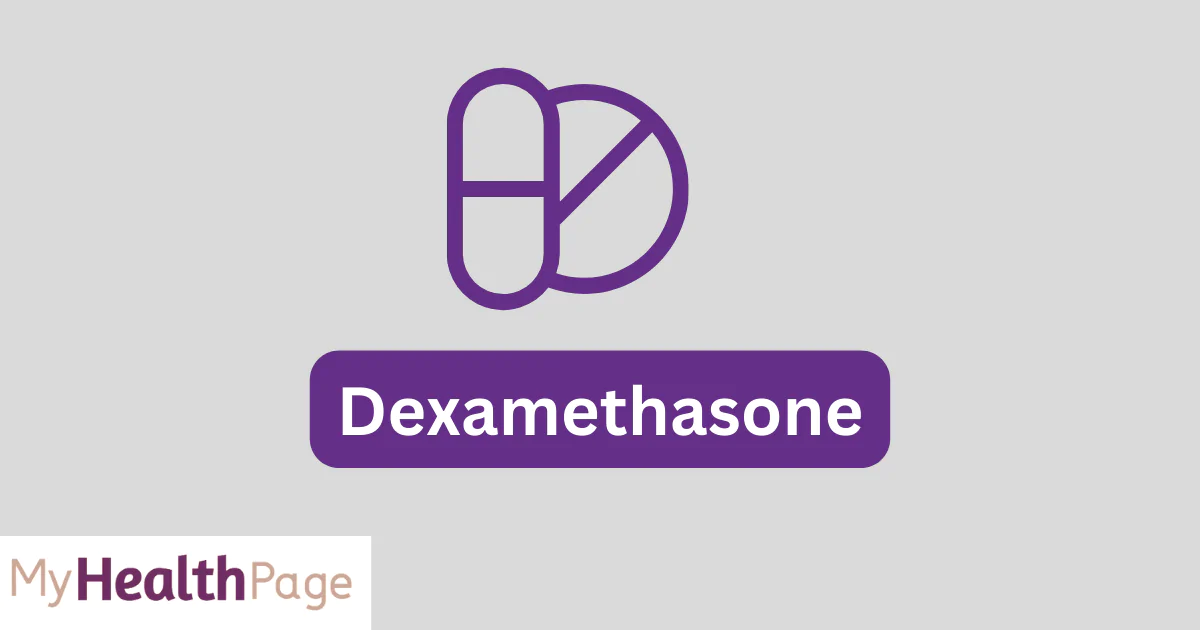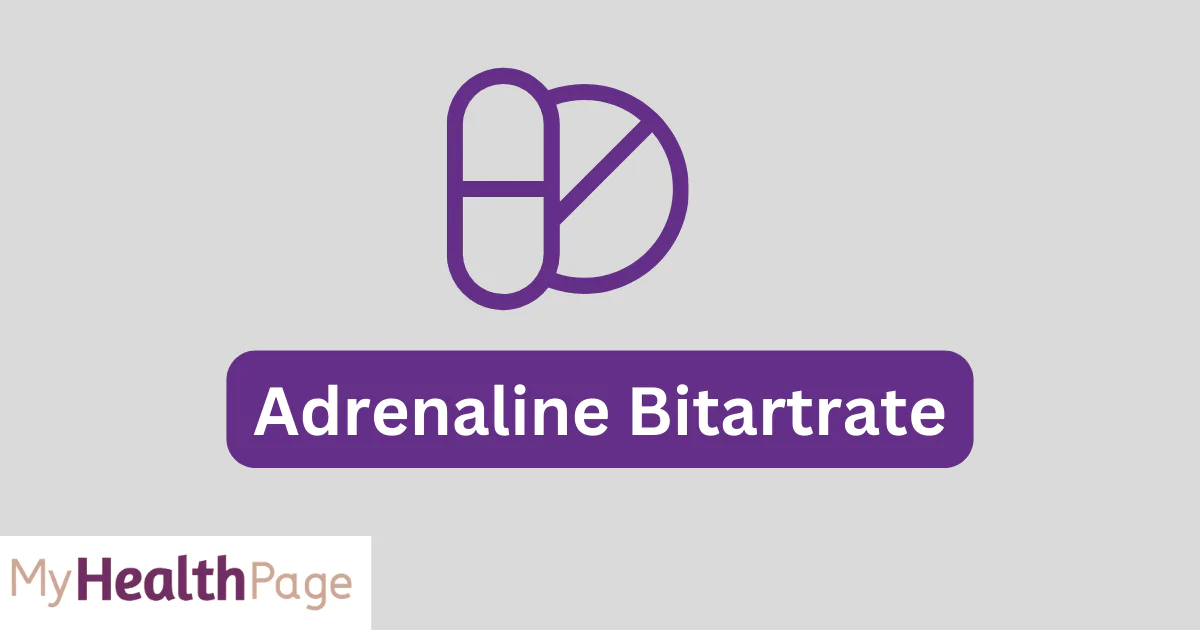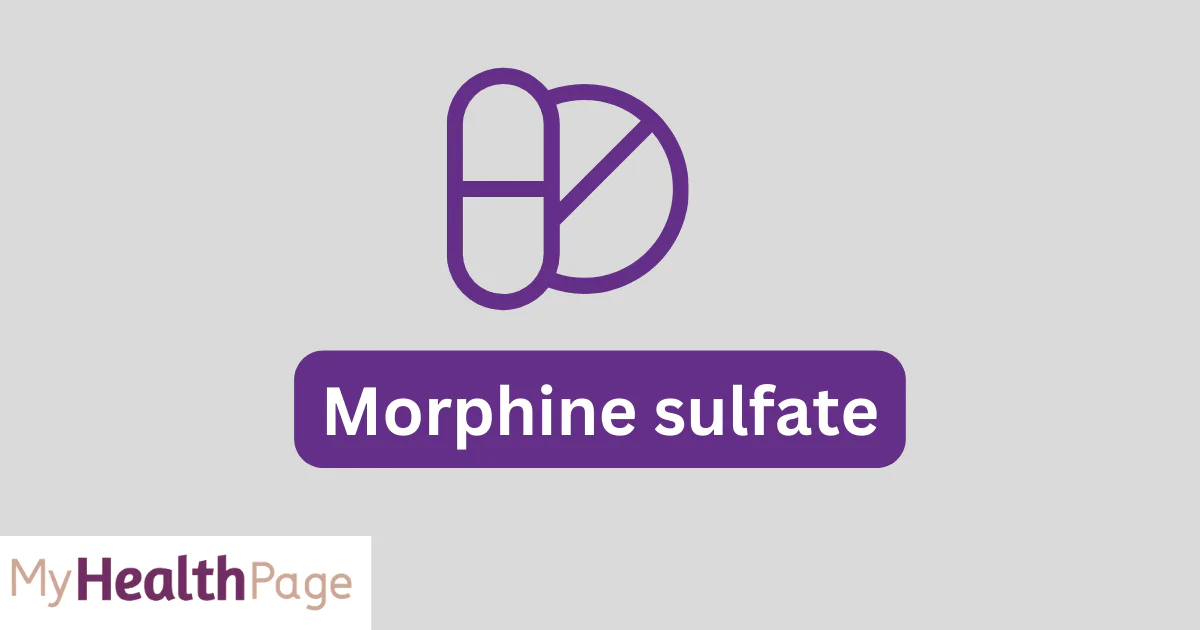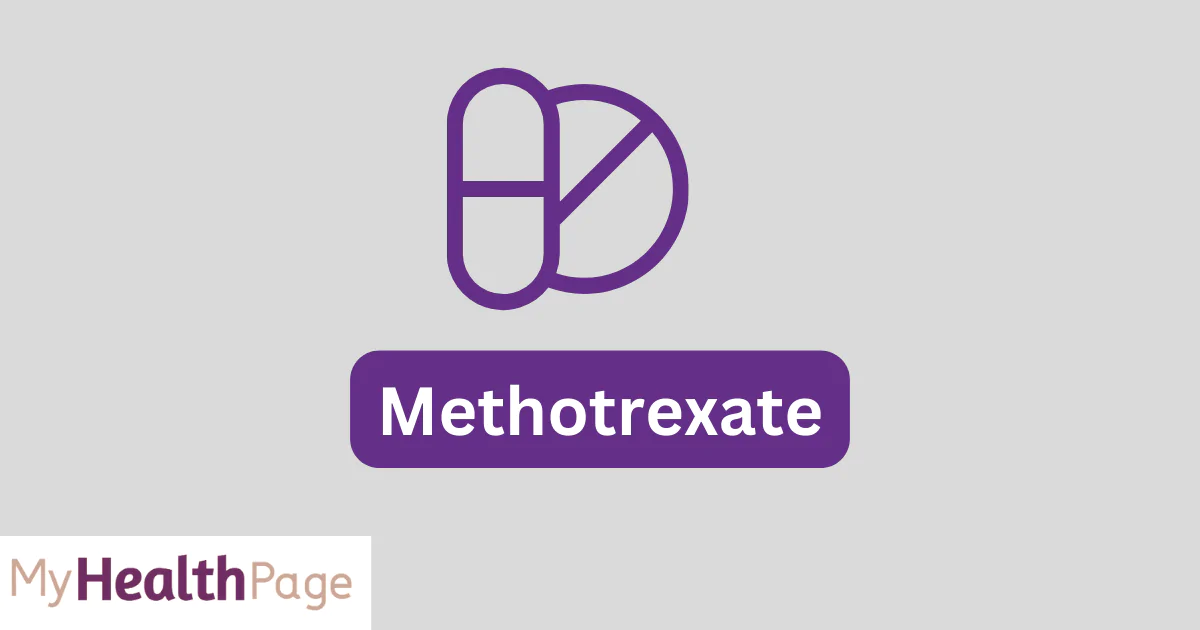Carbamazepine is a well-established medication used to treat epilepsy, neuropathic pain, and bipolar disorder. It works by affecting electrical activity in the brain. This article explores the various uses of carbamazepine for neurological and psychiatric conditions, including its mechanisms of action, potential benefits, and side effects.
Carbamazepine mechanisms of action
Carbamazepine’s mechanism of action primarily involves the modulation of voltage-gated sodium channels in the brain. By inhibiting these channels, particularly in their inactive state, carbamazepine reduces the repetitive firing of neurons, thereby stabilizing electrical activity in the brain. This action limits the spread of abnormal electrical impulses, which is crucial in preventing seizures and mitigating neuropathic pain. Additionally, carbamazepine may also exert effects on other neurotransmitter systems, such as gamma-aminobutyric acid (GABA), an inhibitory neurotransmitter, and glutamate, an excitatory neurotransmitter, contributing to its broader spectrum of therapeutic effects in conditions like bipolar disorder.
Carbamazepine potential benefits
Carbamazepine offers several potential benefits across various medical conditions:
- Seizure Control: Carbamazepine is highly effective in controlling epileptic seizures by stabilizing electrical activity in the brain. It can be particularly useful in treating partial seizures, generalized tonic-clonic seizures, and mixed seizure patterns.
- Neuropathic Pain Relief: As an anticonvulsant, carbamazepine is also utilized to alleviate neuropathic pain, including conditions such as trigeminal neuralgia, diabetic neuropathy, and post-herpetic neuralgia. Its ability to modulate nerve impulses helps reduce the perception of pain.
- Bipolar Disorder Management: Carbamazepine is considered a mood stabilizer and is used in the treatment of bipolar disorder. It can help control manic and depressive episodes, stabilize mood fluctuations, and prevent future mood swings.
- Trigeminal Neuralgia Treatment: Carbamazepine is often the first-line treatment for trigeminal neuralgia, a condition characterized by severe facial pain. By dampening nerve activity, it can significantly reduce the frequency and intensity of painful episodes.
- Alcohol Withdrawal Support: In some cases, carbamazepine may be prescribed to manage symptoms of alcohol withdrawal syndrome. It can help alleviate alcohol withdrawal symptoms such as tremors, seizures, and anxiety.
- Off-label Uses: Carbamazepine is also investigated for its potential benefits in other conditions, including certain psychiatric disorders like schizophrenia, attention-deficit/hyperactivity disorder (ADHD), and borderline personality disorder. However, its off-label use should be carefully considered and monitored by healthcare professionals.
Carbamazepine offers several potential benefits across various medical conditions. It is a prescription medication and should only be taken under a doctor’s supervision.
Carbamazepine side effects
Carbamazepine, like any medication, can cause side effects. Some of the common side effects include:
- Dizziness
- Drowsiness
- Blurred vision
- Nausea
- Vomiting
- Headache
In addition to these, some individuals may experience:
- Rash
- Allergic reactions
- Changes in blood cell counts
Rare but serious skin reactions are also a possibility. Long-term use of carbamazepine may lead to more serious side effects such as:
- Liver problems
- Low sodium levels
- Bone marrow suppression
Furthermore, carbamazepine can interact with other medications, potentially increasing the risk of side effects or reducing the effectiveness of other drugs. Therefore, it’s essential for individuals taking carbamazepine to discuss any concerns or unusual symptoms with their healthcare provider.
Conclusion
In conclusion, while carbamazepine offers significant therapeutic benefits in managing conditions like epilepsy, neuropathic pain, and bipolar disorder, it’s crucial to be mindful of potential side effects. From common symptoms such as dizziness and nausea to more severe complications like liver problems and allergic reactions, understanding and monitoring these effects are essential for ensuring patient safety. By maintaining open communication with healthcare providers and promptly addressing any concerns, individuals can optimize the benefits of carbamazepine while minimizing risks, thereby promoting overall well-being and treatment efficacy.
Read also : Chlorpheniramine Maleate Uses & Considerations
Disclaimer : The information provided on myhealthpage.in is not a substitute for professional medical advice, diagnosis, or treatment. If you have any questions or concerns about your health, please consult with a licensed physician or other qualified healthcare provider.




















